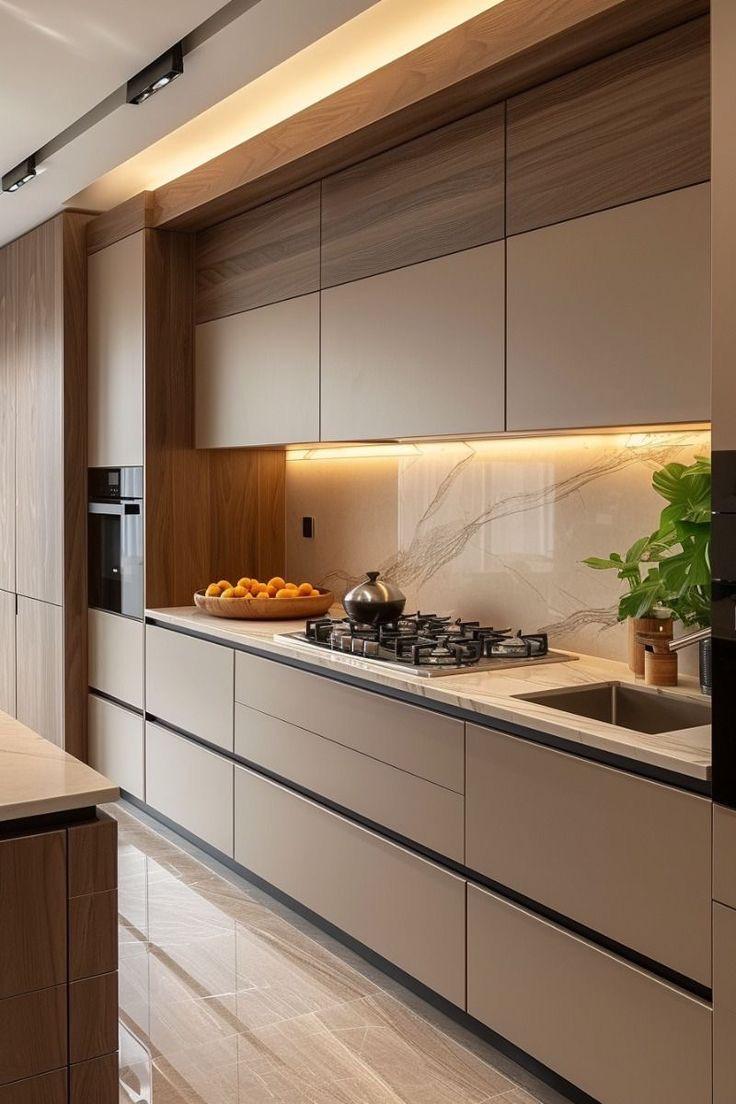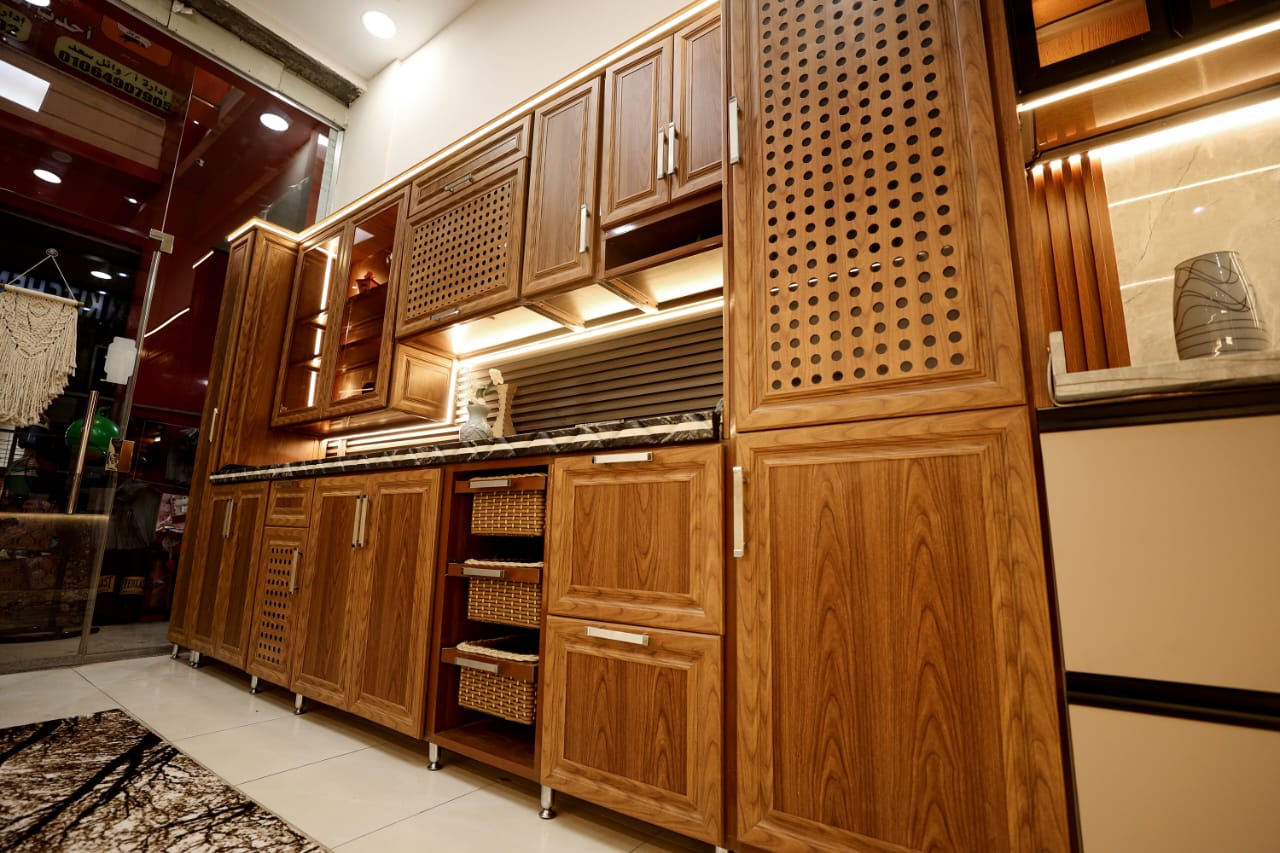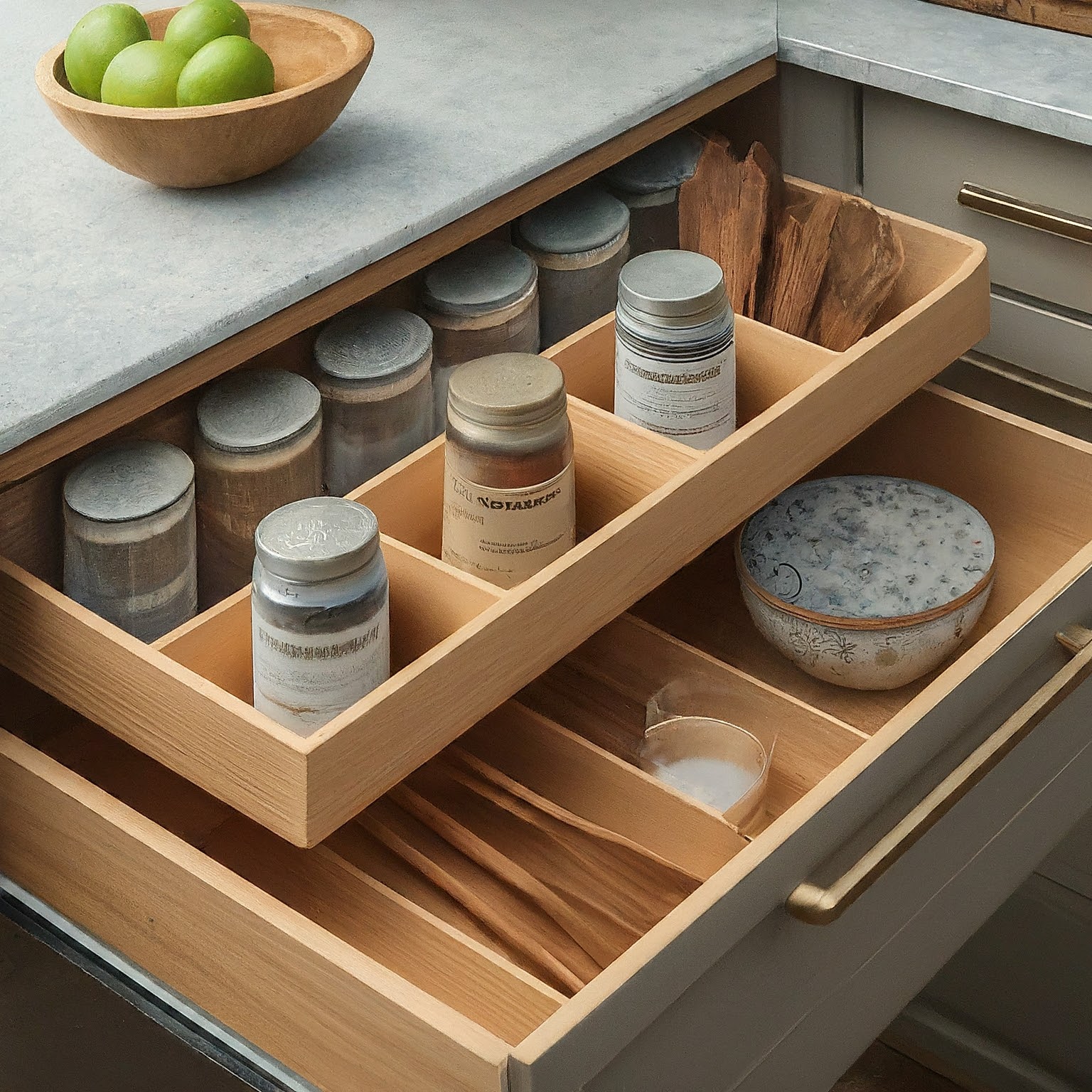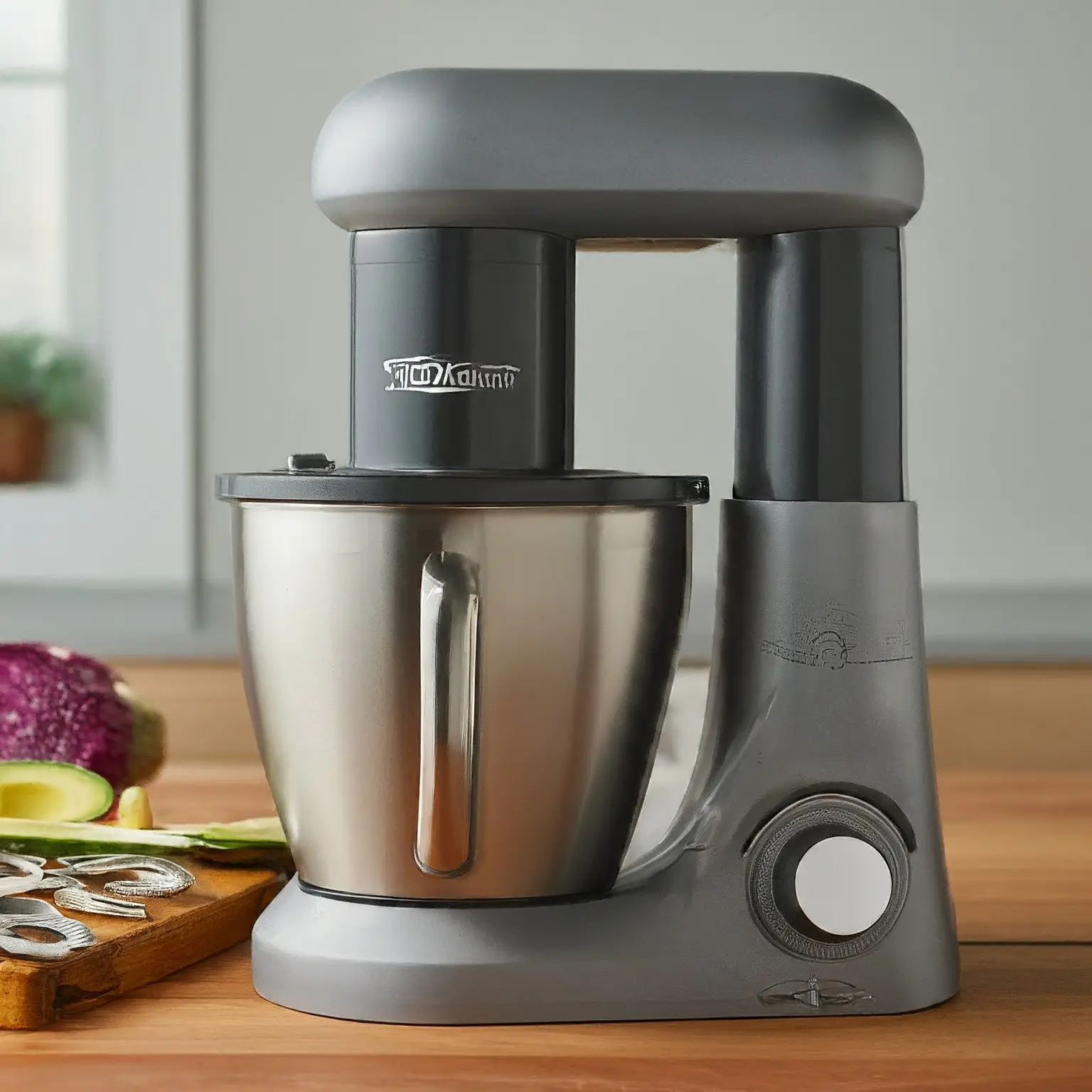Introduction
Aluminum kitchen cabinets have become a popular choice among homeowners due to their durability, modern aesthetic, and low maintenance requirements. To keep your aluminum cabinets looking their best and ensure their longevity, proper care and maintenance are essential. In this comprehensive guide, we will provide you with ten essential tips on how to care for your aluminum kitchen cabinets, allowing you to enjoy their beauty and functionality for years to come.
Regular Cleaning:
Regular cleaning is crucial to maintain the appearance and hygiene of your aluminum cabinets. Use a mild dish soap or a mixture of water and vinegar to clean the cabinet surfaces. Avoid abrasive cleaners or scrub brushes that can scratch the aluminum finish. Wipe the cabinets with a soft cloth or sponge, and rinse thoroughly with clean water. Dry the cabinets with a clean, lint-free cloth to prevent water spots.
Avoid Harsh Chemicals:
Avoid using harsh chemicals, such as bleach or ammonia-based cleaners, on your aluminum cabinets. These chemicals can corrode the aluminum surface and cause discoloration or damage. Stick to gentle, non-abrasive cleaning solutions that are specifically formulated for aluminum surfaces. Always read the labels of cleaning products to ensure they are safe to use on aluminum.
Remove Stains Promptly:
If you notice any stains or spills on your aluminum cabinets, it's important to clean them promptly. Certain substances like acidic foods, coffee, or tomato sauce can potentially stain the aluminum surface if left unattended. Use a soft cloth or sponge and a mild cleaning solution to gently remove the stain. Avoid scrubbing vigorously, as this can damage the finish.
Protect Against Scratches:
Preventing scratches is key to maintaining the pristine appearance of your aluminum cabinets. Avoid using abrasive scrub pads or steel wool when cleaning. Instead, use soft microfiber cloths or non-abrasive sponges. Place protective mats or liners inside the cabinets to prevent scratching from pots, pans, or utensils. When handling items, be cautious not to drag or scrape them against the cabinet surfaces.
Avoid Excessive Heat:
Aluminum has a high heat conductivity, making it susceptible to damage from excessive heat. Take precautions to protect your cabinets from direct contact with hot cookware, such as placing hot pots and pans on trivets or heat-resistant pads. This will prevent heat transfer and potential discoloration or warping of the aluminum surface.
Handle with Care:
When opening or closing the cabinet doors and drawers, handle them gently to avoid undue stress on the hinges and hardware. Slamming the doors or drawers can cause damage to the aluminum frame and compromise their functionality. Teach family members and guests to treat the cabinets with care to maintain their integrity.
Dust Regularly:
Dusting your aluminum cabinets regularly helps prevent the buildup of dirt and grime. Use a soft, lint-free cloth or a microfiber duster to remove dust from the surfaces. Pay attention to corners, edges, and crevices where dust can accumulate. Avoid using feather dusters or abrasive materials that may scratch the aluminum.
Maintain Hardware:
The hardware on your aluminum cabinets, such as handles and knobs, should also be maintained. Clean them regularly with a mild cleaning solution to remove dirt and fingerprints. Check for any loose or damaged hardware and tighten or replace as needed. Lubricate hinges and drawer slides with a silicone-based lubricant to ensure smooth operation.
Protect Against Moisture:
Excessive moisture can cause damage to aluminum cabinets, including discoloration and corrosion. Wipe up any spills or moisture immediately using a soft, absorbent cloth. Pay extra attention to areas near sinks, dishwashers, or other water sources. Consider using a dehumidifier in your kitchen to reduce overall moisture levels, especially in humid climates.
Periodic Inspections:
Regularly inspect your aluminum cabinets for any signs of damage or wear. Check for loose hinges, dents, or scratches. Address any issues promptly to prevent further damage and ensure the longevity of your cabinets. If you notice significant damage or require professional repairs, consult a specialist in aluminum cabinet maintenance.
Conclusion
Proper care and maintenance are vital for preserving the beauty and functionality of your aluminum kitchen cabinets. By following these ten essential tips, you can keep your cabinets looking their best and extend their lifespan. Regular cleaning, avoiding harsh chemicals, prompt stain removal, and protecting against scratches and excessive heat are key practices. Remember to handle the cabinets with care, dust regularly, maintain hardware, protect against moisture, and conduct periodic inspections. With proper care, your aluminum kitchen cabinets will continue to enhance your kitchen for years to come.



